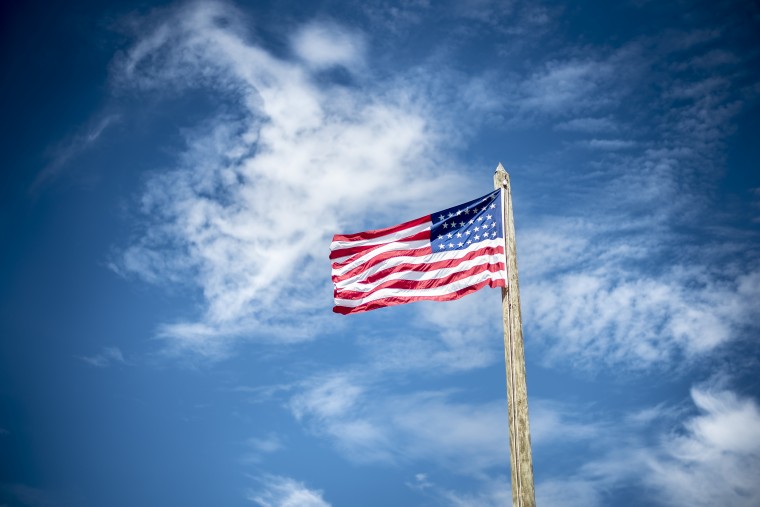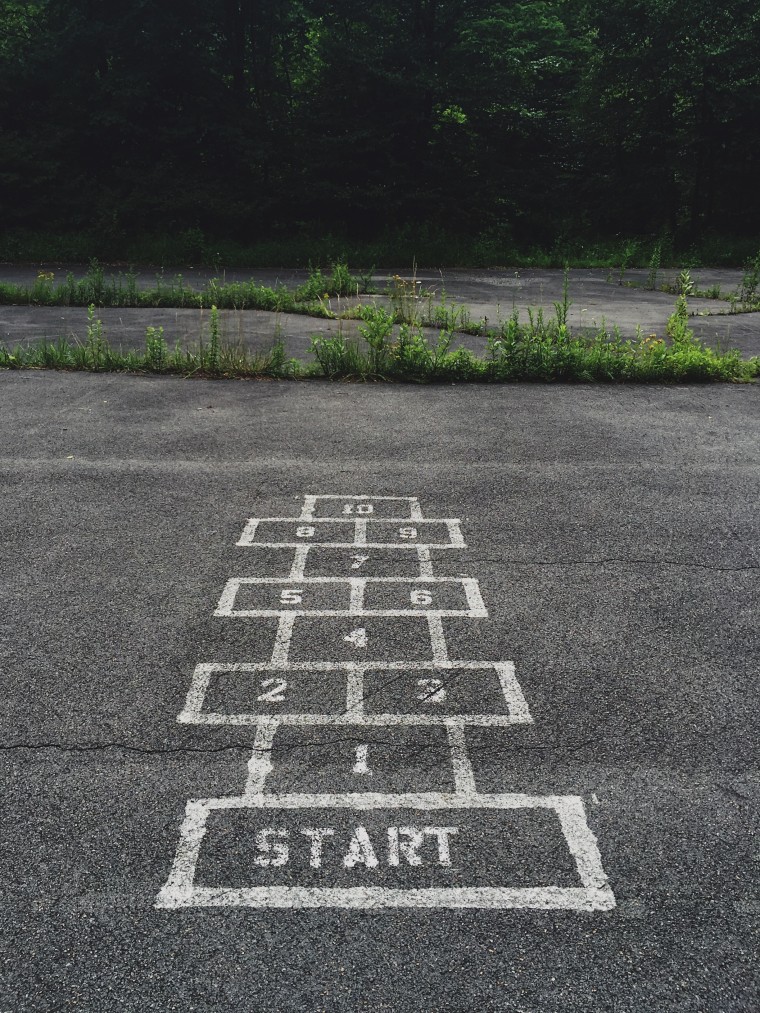By Pastor Dorrell

The Bible tells us we are fearfully and wonderfully made. I believe this verse speaks of the amazing complexity and intricacy with which God created us. As a former student of anatomy and physiology, I have always seen the creation and creature as evidence of a Creator, and our wonderful Creator has bestowed upon us, not just life, but through our physical bodies, an amazing capacity and ability to enjoy life and the creation He has made.
Consider the five physical senses God has given us. Sight is the sense God has given us that allows us to see the world and the beauty of creation. With our eyes, we gather information, appreciate the colors of sunsets and rainbows, wonder at the flowers around us, and are in awe of the mountains and stars above. Vision is a gift that adds so much to our world.
Consider for a moment the gift of hearing. Through this sense, we can distinguish auditory vibrations in the world that allow us to hear what is going on around us. Through hearing, we can enjoy music and the sounds of laughter, communicate with others, and are able to distinguish a million sounds that fill our world each day.
Of course, there is also the sense of touch. There is no replacement for the wonder of the gift of touch, the tactile ability to feel and perceive the world around us and the warmth and sensation it provides. Through touch, we can distinguish hot from cold, sharp from dull, textured surfaces from smooth. What a gift it is to play with a puppy, hold someone’s hand, or to kiss the cheek of a baby.
One of the sensory gifts we take for granted is the one we call our olfactory sense, or the sense of smell. Smell adds to our world just as much as our vision does. Of all our senses, smell is the one that is often the most deeply embedded in our memories. The fragrance of perfume, the aroma of chocolate chip cookies, and the smell of grandma’s baking are things we often remember forever.
Finally, there is the gift of taste. Of all the senses, this is the one that is probably the purest gift of them all. By gift, I mean it is the one that is perhaps the least necessary but is given just to increase the pleasure, joy, and wonder of our world. We do not depend on the sense of taste the same way we do those of sight and hearing. We are acquainted with the tragedy of losing sight or being deaf. But, we don’t think about people losing their sense of taste and how that might affect their world. However, if taste were lost, how much more bland and dull our world would be.
All of these senses are truly amazing gifts and things we should never take for granted. But, the purpose of this article is not to give a biology lesson but a spiritual one instead. You see, our senses were given to us out of necessity. We need them to fully live and appreciate the world around us. Without them, our experiences and daily lives would be diminished.
But, there is another gift that, if lost, can also greatly subtract from our world, and that is the gift of gratitude, the ability to appreciate and express thankfulness for all we can see, smell, touch, hear, taste and experience in this amazing world. We may not think of it this way often, but gratitude is not just a response of appreciation but a gift we can utilize to get greater joy out of all of life’s experiences. Our senses give us an awareness of the world, but gratitude can allow us to appreciate and enjoy the world and everything in it.
Simply put, gratitude brings a greater joy and prosperity to our world. A plethora of research has proven that grateful people tend to be physically healthier, achieve more goals, have better relationships, have more positive attitudes about their jobs, and experience a greater degree of happiness in life. It is not so much that a good life makes one grateful, but that gratefulness makes a happy and good life.
Lou Gehrig was one of baseball’s greatest stars. He was the New York Yankees star first baseman who had a fabulous career but who also was suffering from a life-crippling disease. Just months before he passed away, on a day when the Yankees were honoring him for his baseball accomplishments, Lou Gehrig did something very remarkable. He expressed gratitude.
He took the microphone before him and began to express appreciation to the vendors who sold the hot dogs in the stadium, the ticket takers, the maintenance crew, and the stadium workers whose contributions made his illustrious career and salary possible. He understood they played a role in the success of his life. He then went on to say that he considered himself the luckiest man on the face of the earth. At a time when many people would have found a reason to be bitter, Lou Gehrig chose to recognize what had been given to him and be thankful for it. It is amazing that a man whose body was failing him still found happiness when many today who have so much more and earn 10 times his salary cannot. Gratitude is the gift that helps us appreciate what we do have and enriches our lives even if we are poor. It is the gift that brings so much good. Consider being more grateful, and it will change your world.









